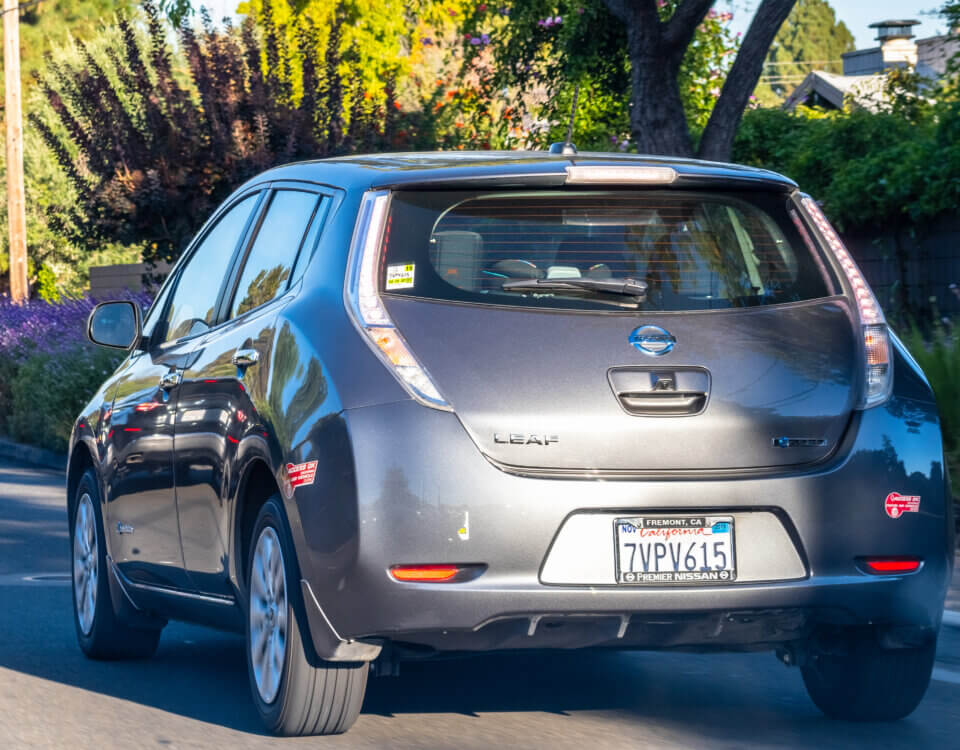If you are involved in a traffic accident in Los Angeles, obtaining the LAPD traffic collision report is an important step. It provides key evidence and facts that may be needed for insurance or legal claims.
How to Request a Traffic Collision Report
You can request a LAPD traffic collision report online once the report has been reviewed and approved for release. Not all reports are eligible for online release. Reports involving fatalities, arrests, or juveniles must be requested by mail. Older reports may also require mail requests.
You can request by mail by completing the LAPD Traffic Collision Report Request form and sending it to the Records and Identification Division. Include identifying information such as your name, date of incident, report or incident number if known, your interest in the report, and proper payment.
You can also request in person at the LAPD Records and Identification office. You may need valid photo ID and proof that you are authorized to receive the report, such as being an involved party, attorney, or insurer.
Who Can Get a Copy of the Report
Under California Vehicle Code Section 20012, the following may obtain the report: drivers involved in the collision, persons injured, owners of damaged property, attorneys representing involved parties, parents or guardians of minors involved, or anyone who may be held liable for damages due to the accident.
Timing and Fees
Wait at least 45 days after the incident before requesting the report online to allow for processing. The standard fee for a collision report is approximately $11. Additional costs may apply for photographs or supplemental materials.
What’s in a Traffic Collision Report
The report usually includes the date, time, and location of the crash, identities of drivers, passengers, and vehicles involved, insurance details, witness names and contact information, officer observations, statements from involved parties, and a diagram of the scene including conditions and contributing factors.
Why the Report Is Important
The report helps establish fault and a timeline of events. Insurers often rely on it to evaluate claims. It serves as evidence if negotiations or court proceedings are necessary and can highlight inconsistencies or errors in other accounts.
How Hillstone Law Can Help
Hillstone Law can assist by obtaining the report, reviewing its details, comparing it with medical records or other evidence, and using it to strengthen your case and protect your rights during negotiations or litigation.
Note: These blog posts are created solely for the use of Hillstone Law. The information is gathered from internet research, publicly available sources, and artificial intelligence (AI) tools such as ChatGPT. While we aim to share helpful and educational content, Hillstone Law does not independently verify every detail. Some information may be incomplete, outdated, or subject to change without notice. If you believe any part of a post is inaccurate, misleading, or infringes upon copyright, please contact Hillstone Law immediately so we can review it and take appropriate action, including correction or removal.
Disclaimer: The material provided in these blogs is for general informational purposes only and should not be considered legal advice. Reading these posts does not create, and is not intended to create, an attorney-client relationship with Hillstone Law. Our intent is to share knowledge, raise awareness, and provide helpful resources to the public; however, Hillstone Law makes no warranties or guarantees about the accuracy, completeness, or reliability of the information provided, and expressly disclaims liability for any actions taken in reliance on it. The photos used in these posts are for illustrative purposes only and do not depict actual clients, individuals, or incidents unless expressly stated. If you or a loved one has been injured in an accident, please contact Hillstone Law at (855) 691-1691. Our attorneys are available to answer your legal questions and help you understand your rights.








